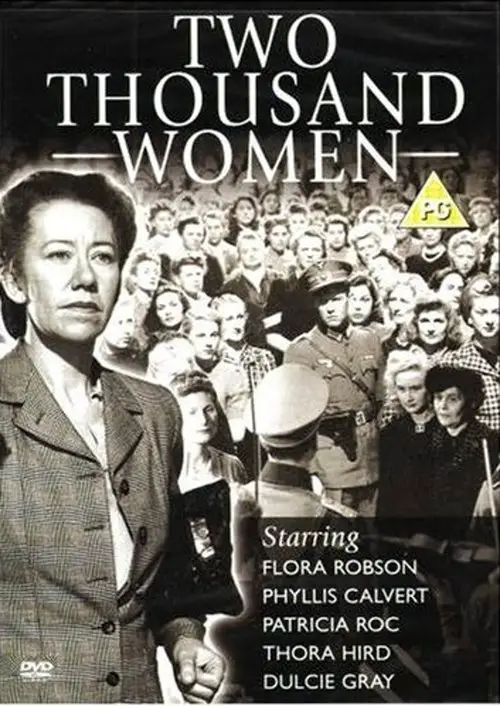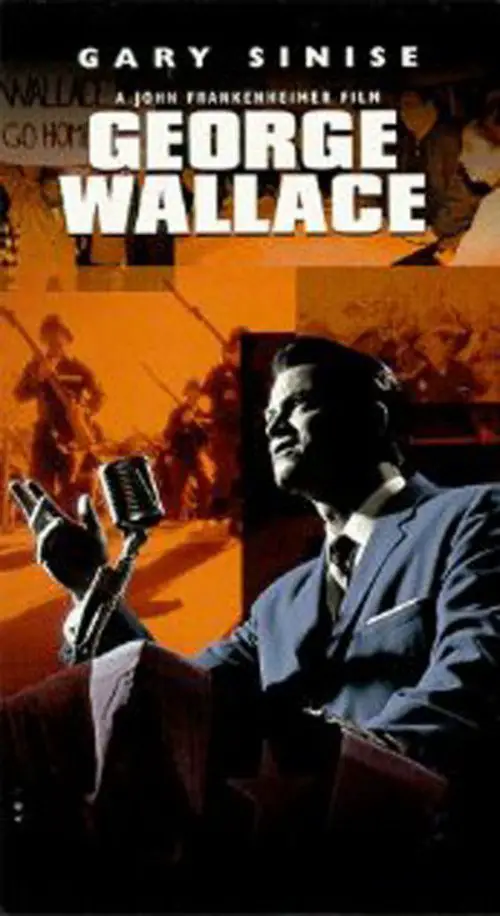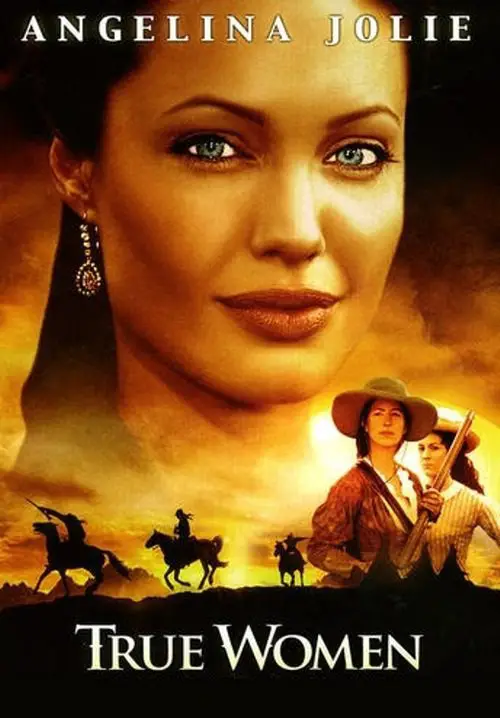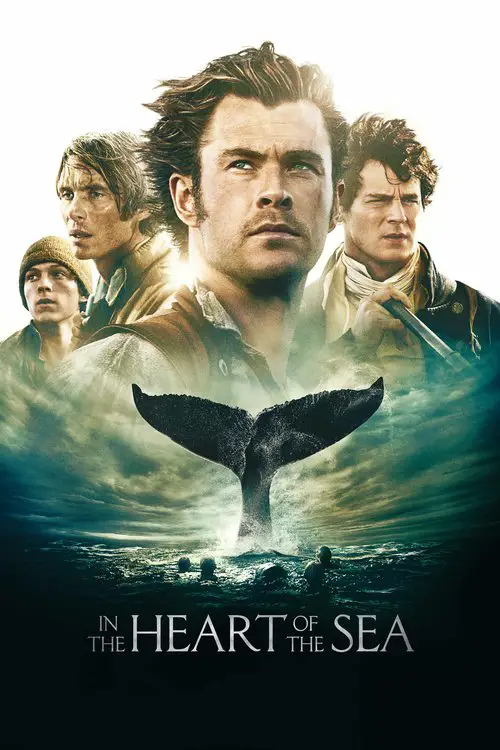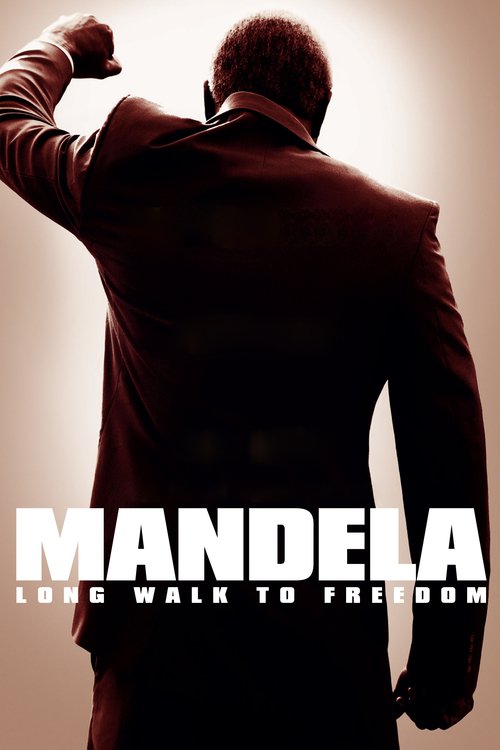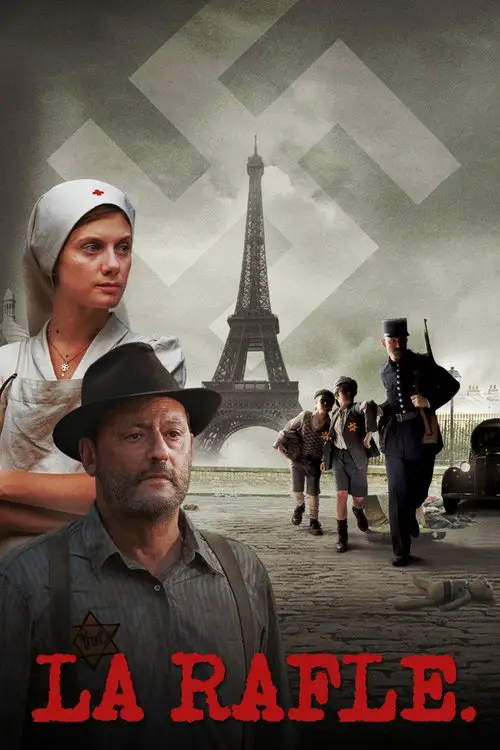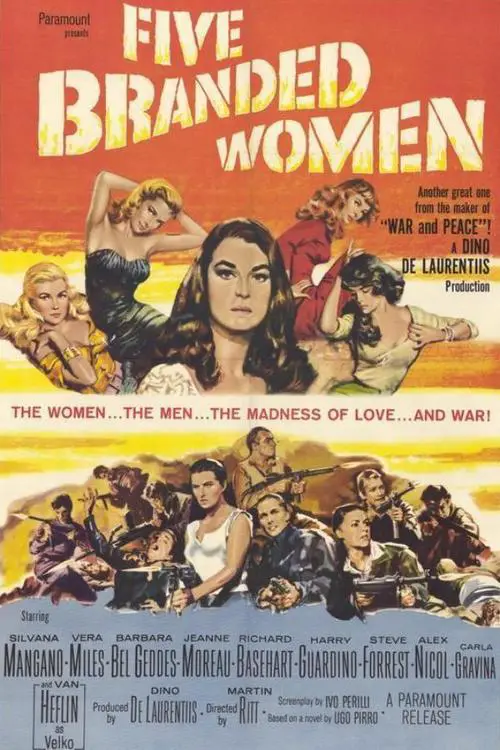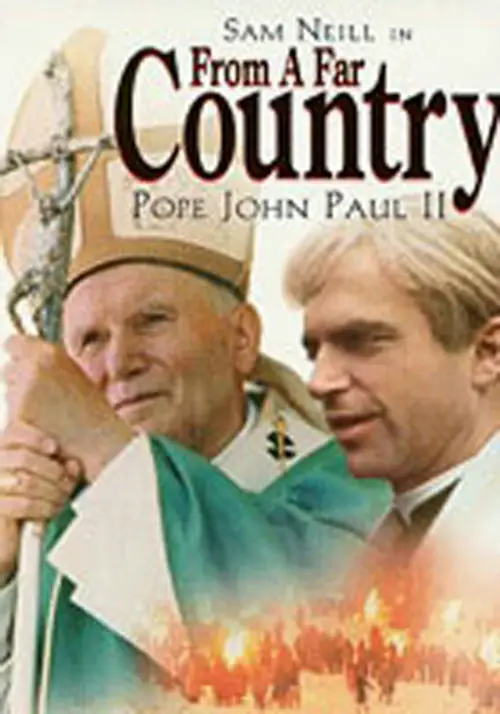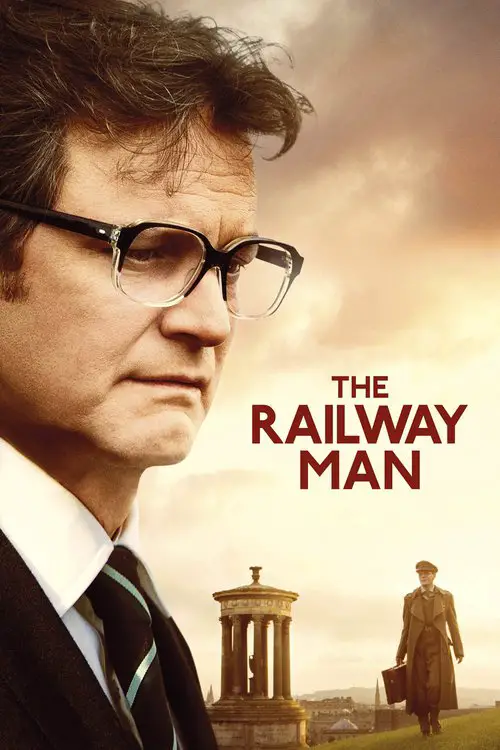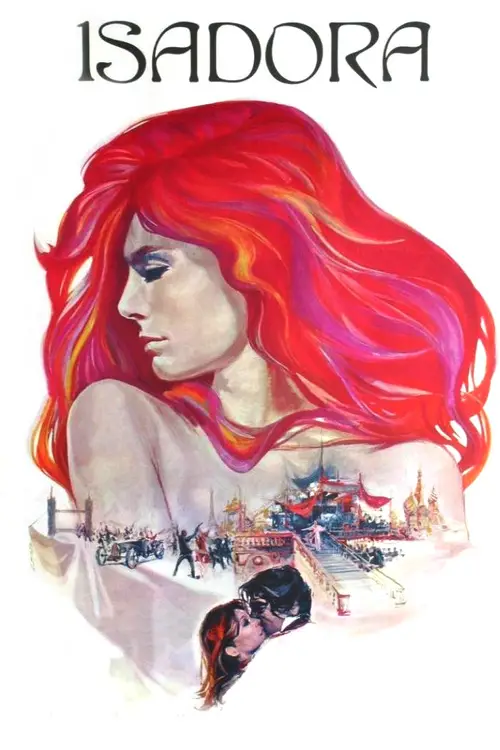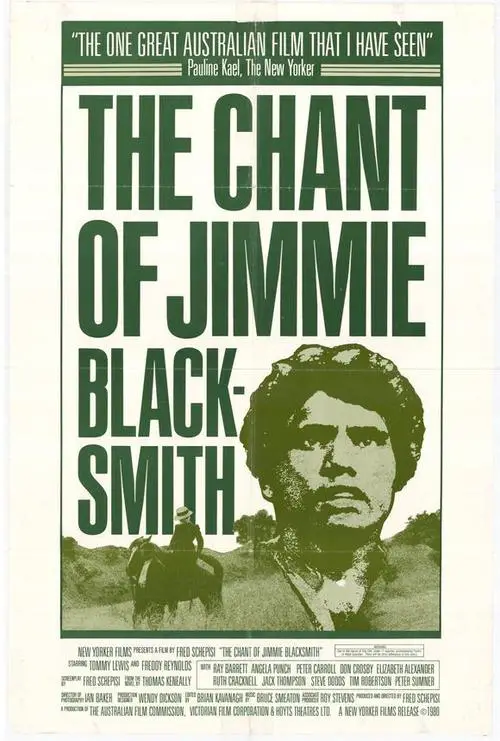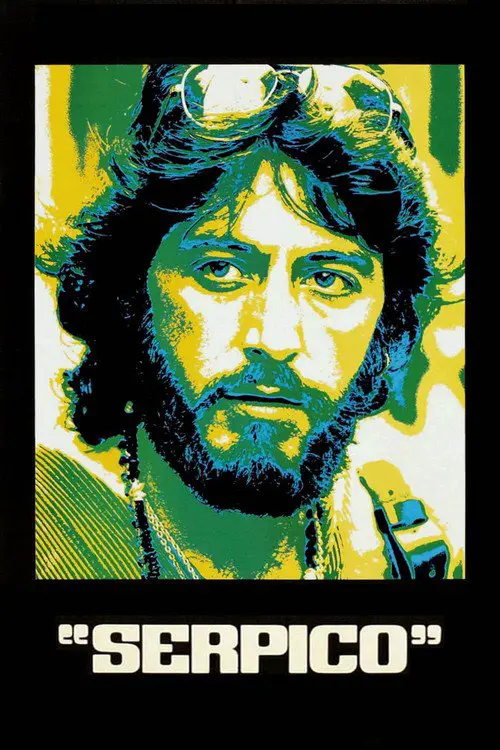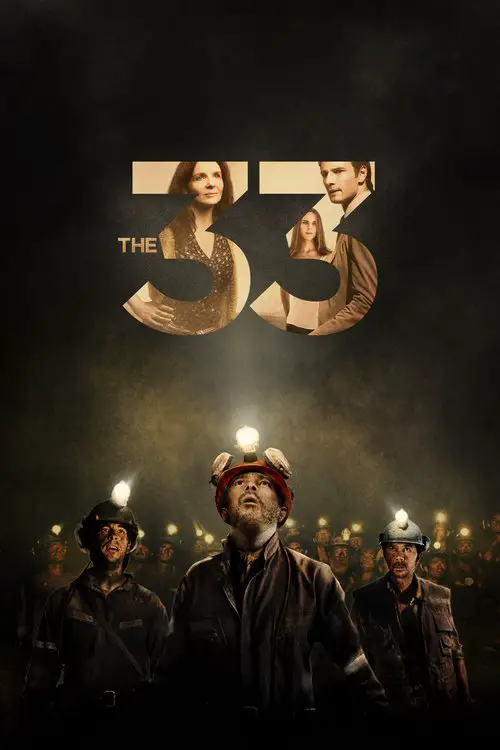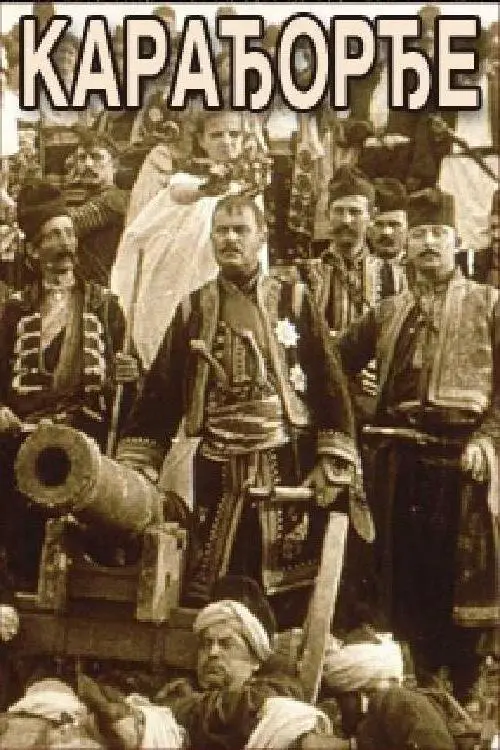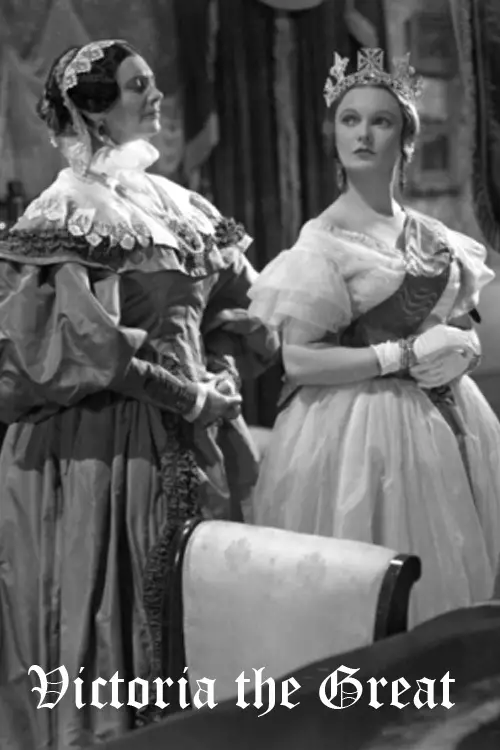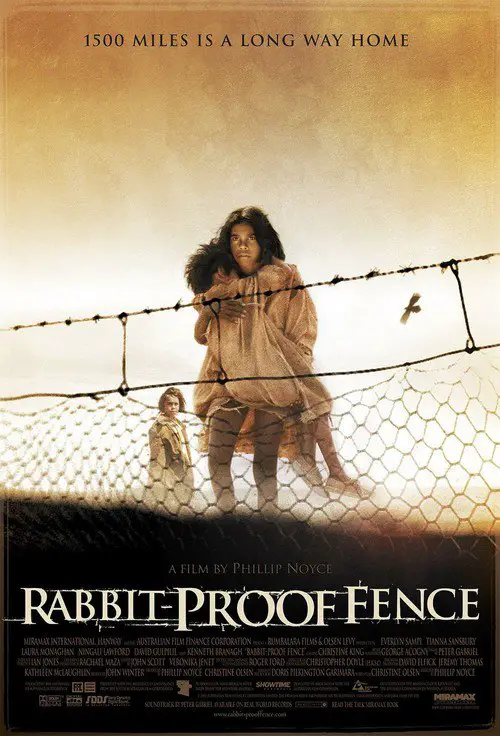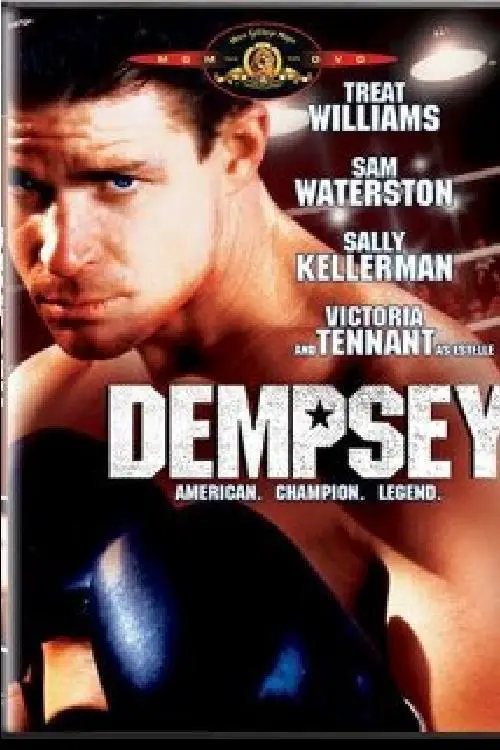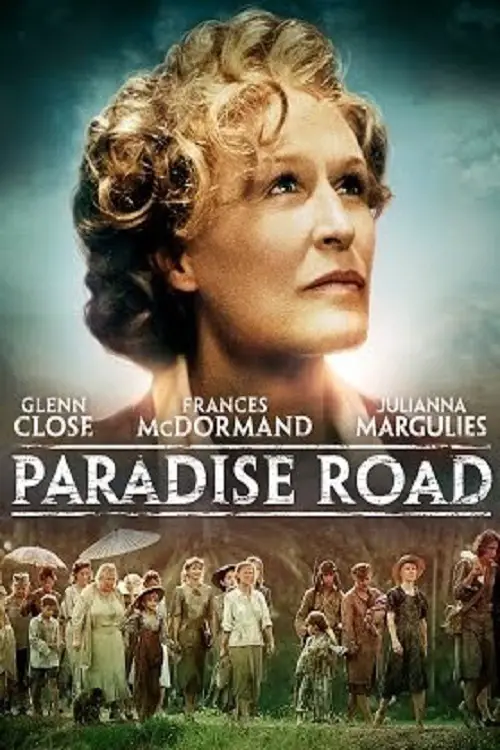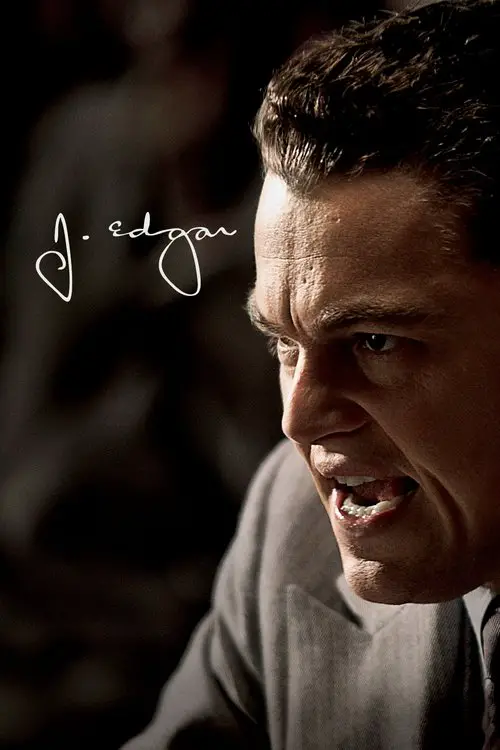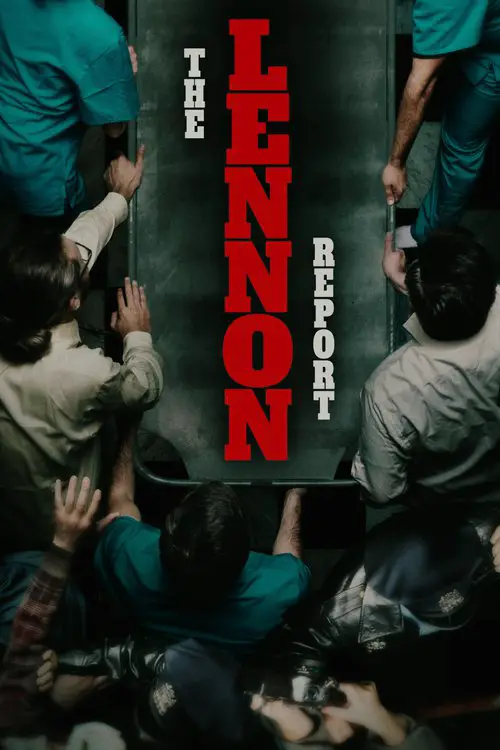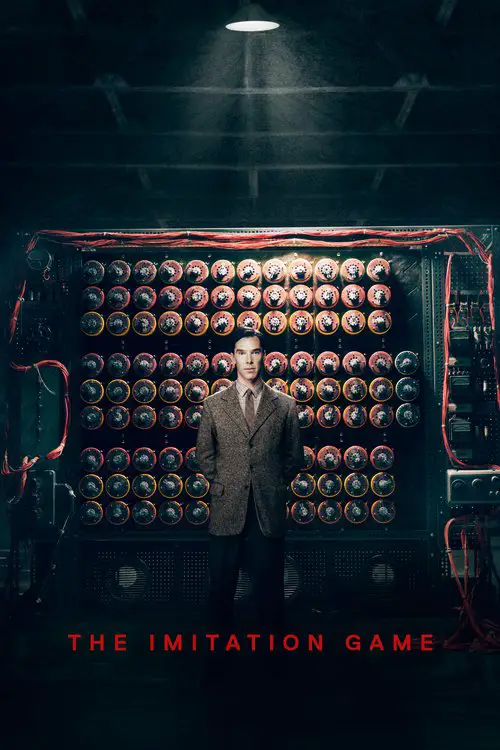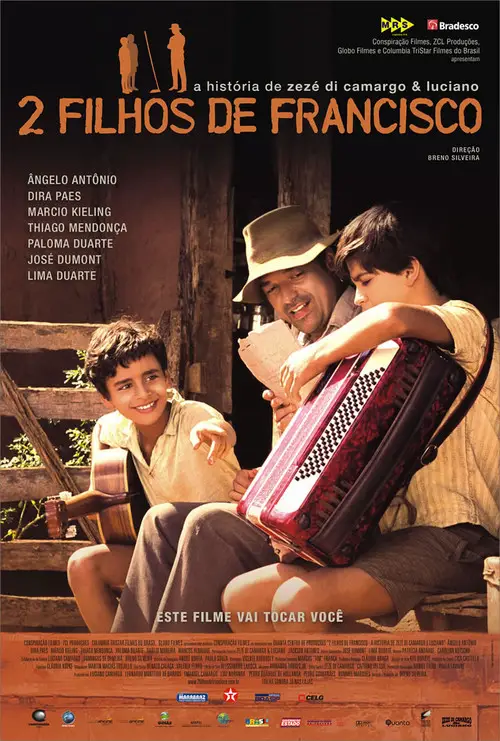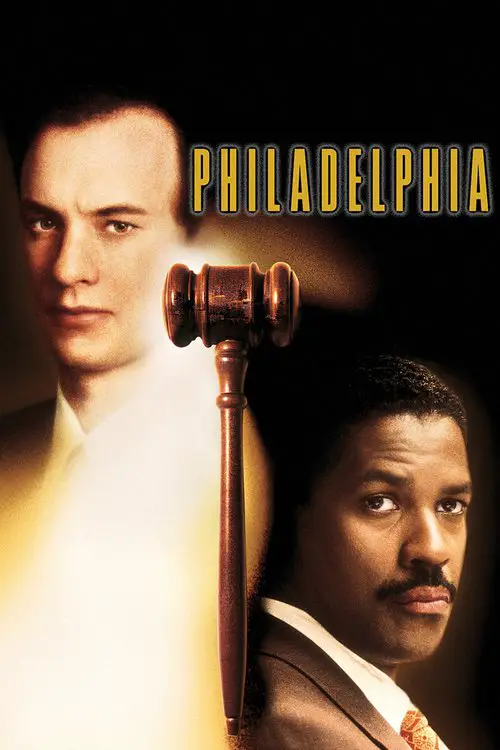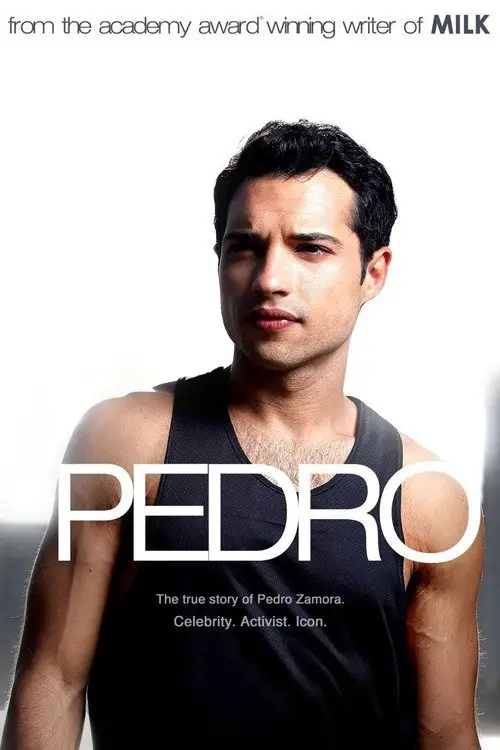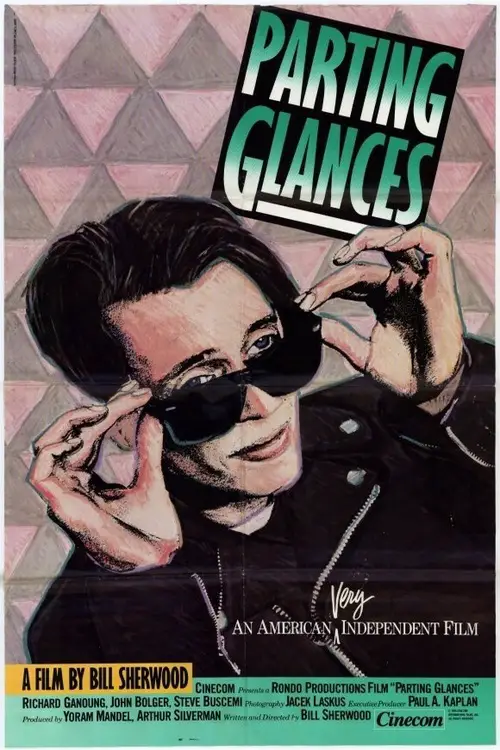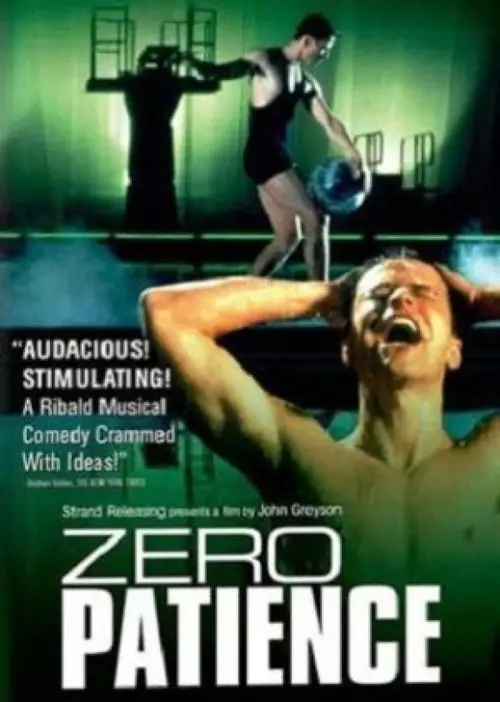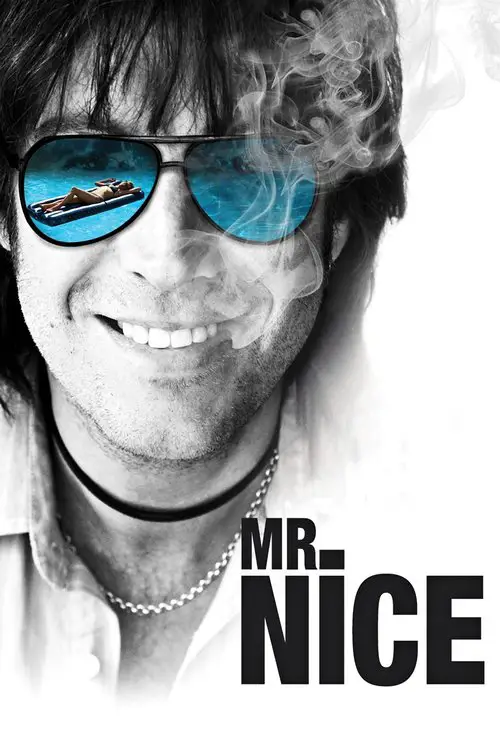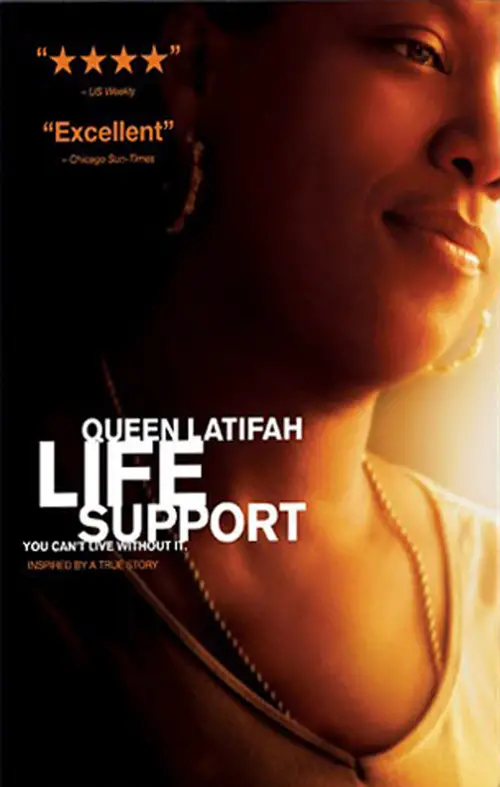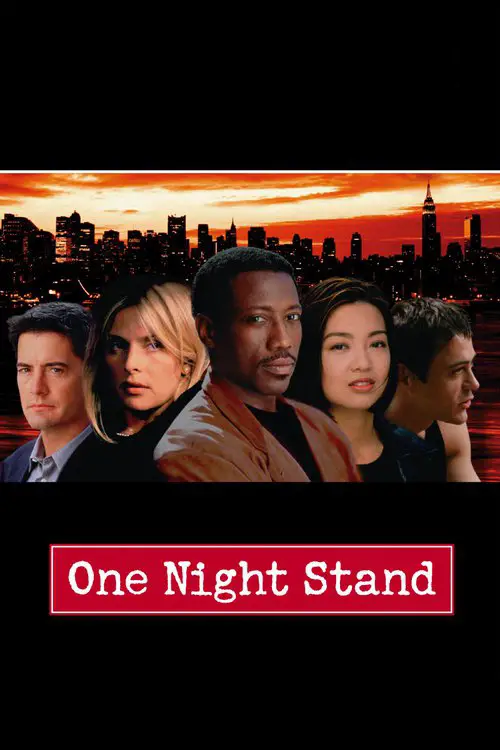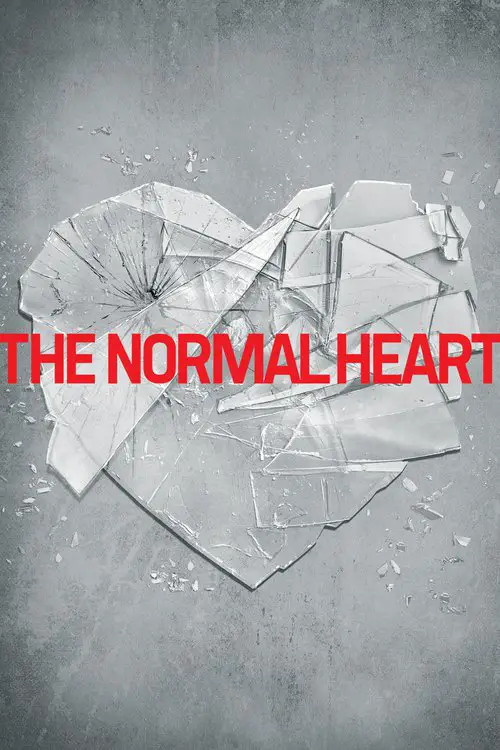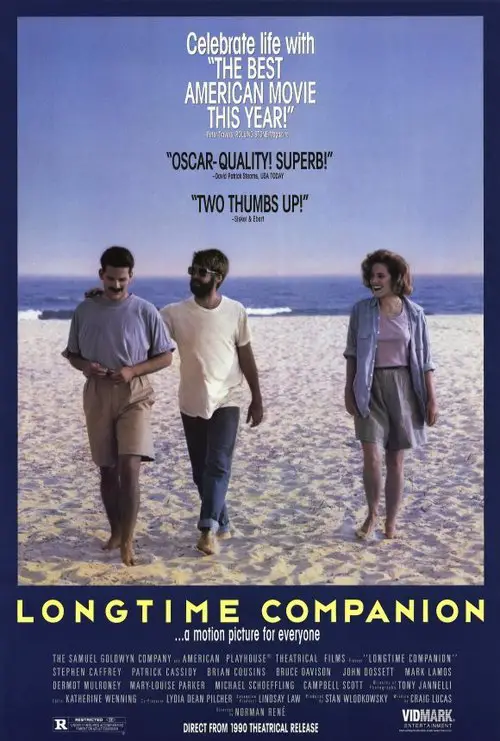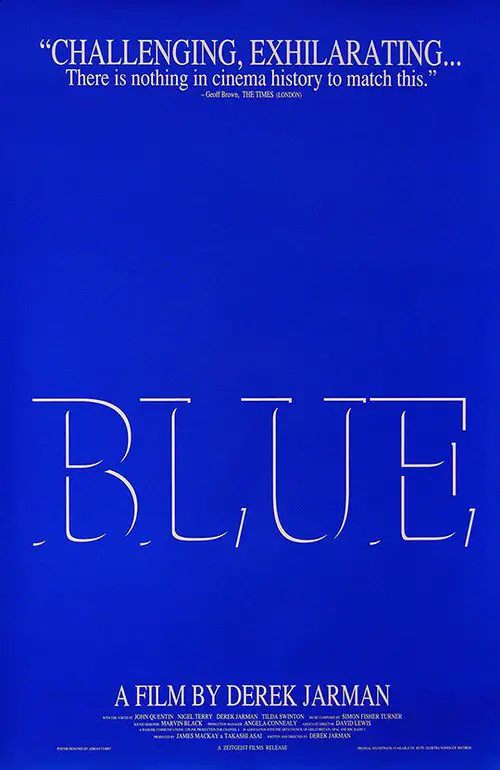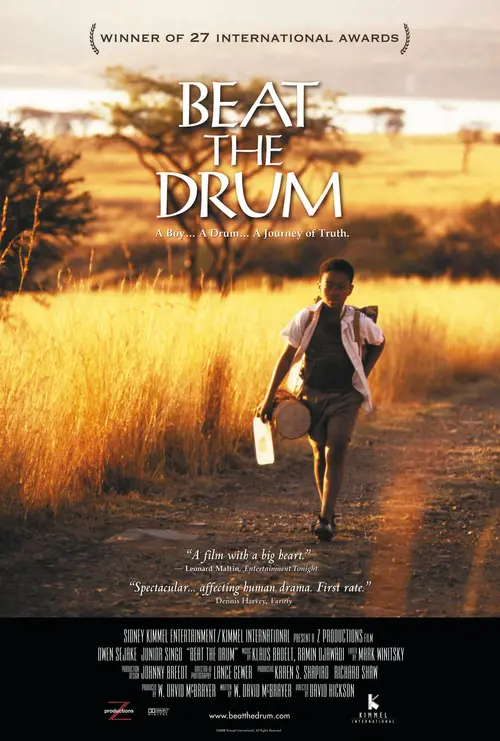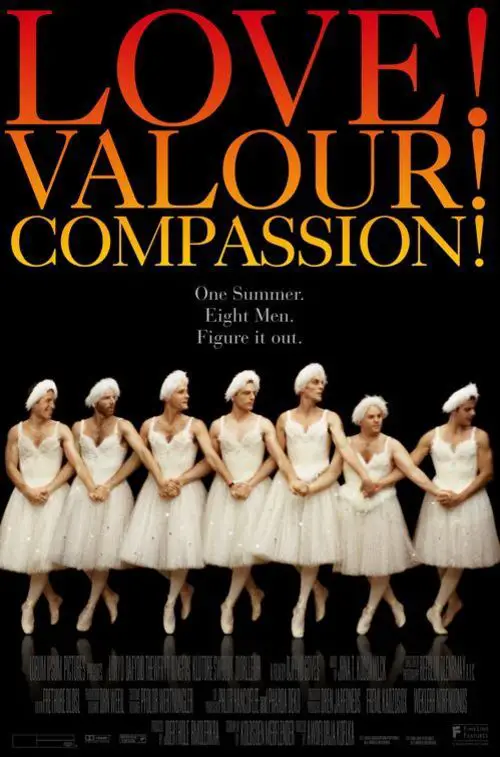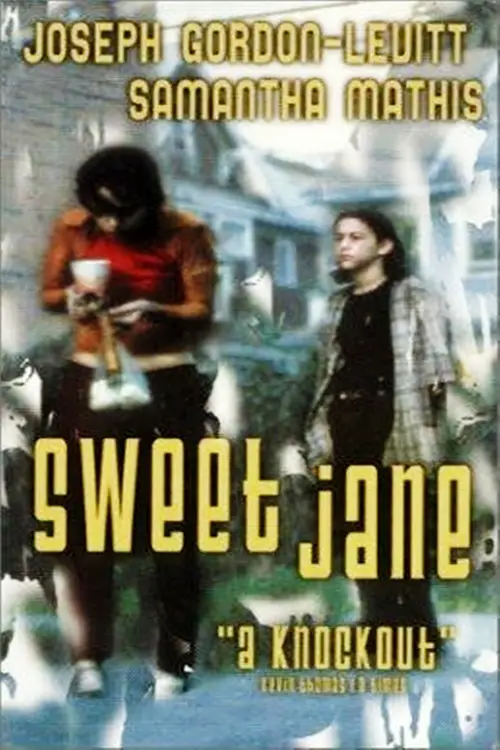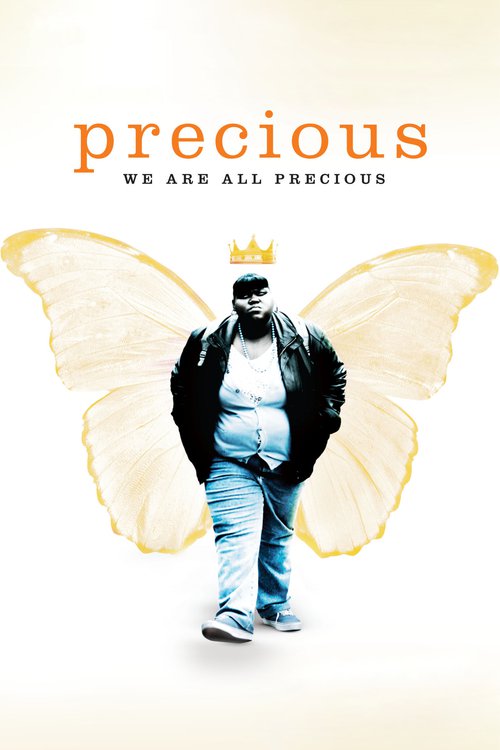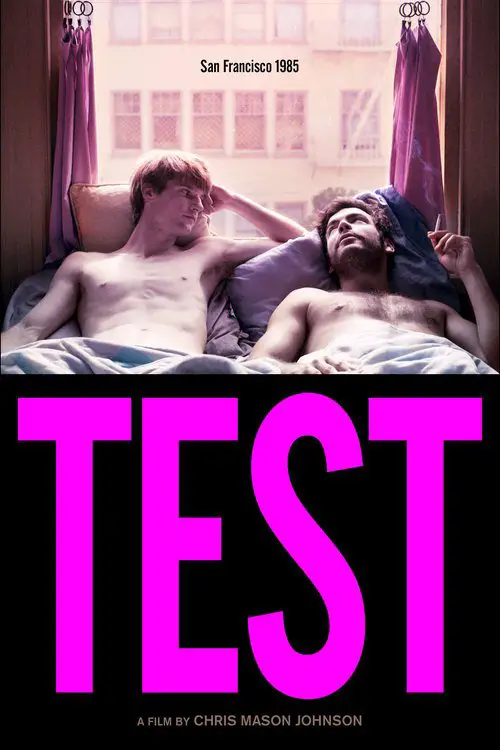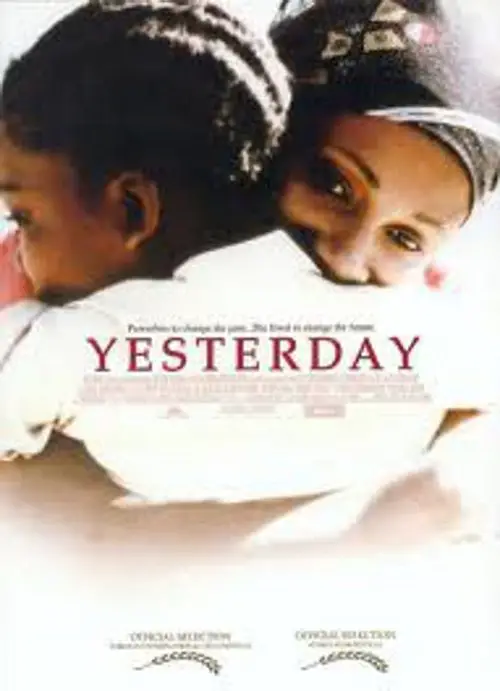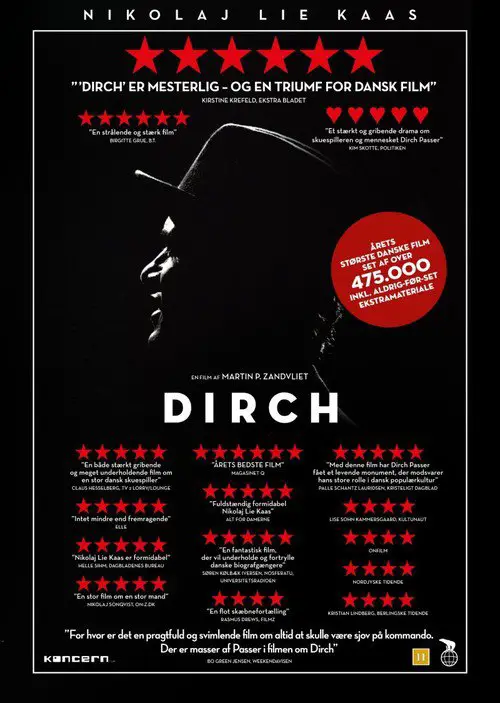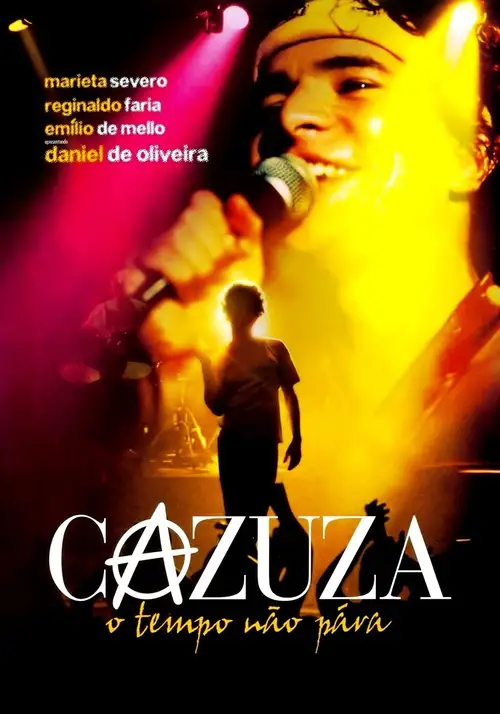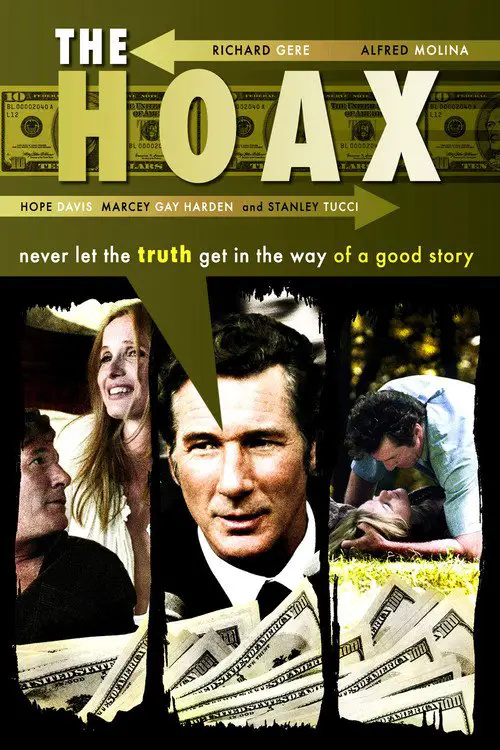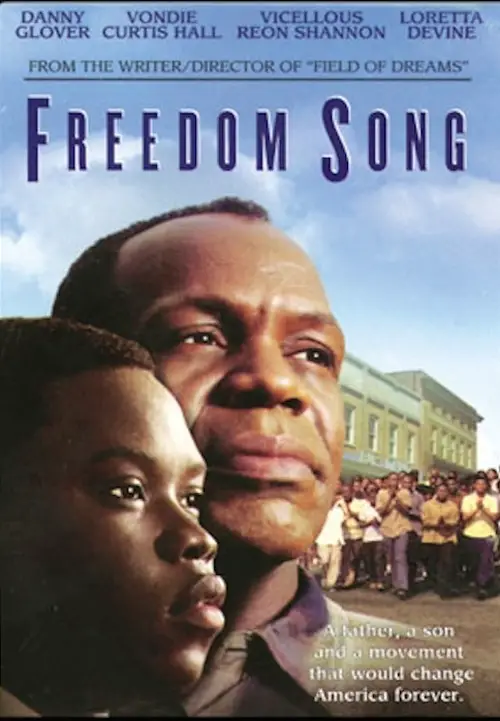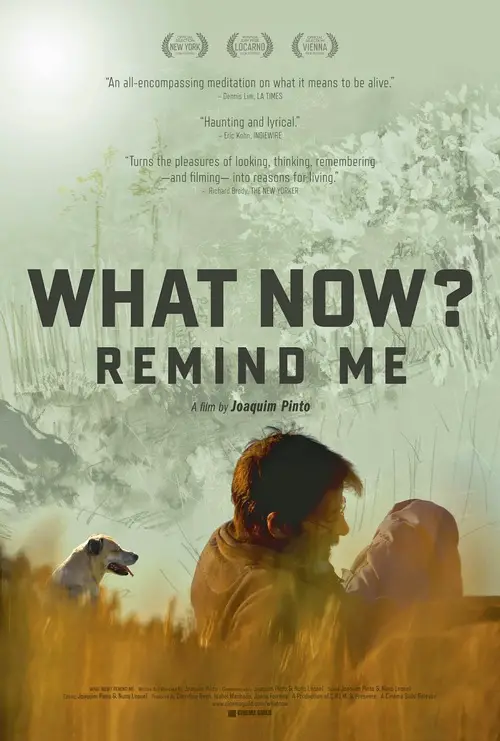Dallas Buyers Club (2013)

Similar movies
The Nazis, exasperated at the number of escapes from their prison camps by a relatively small number of Allied prisoners, relocates them to a high-security "escape-proof" camp to sit out the remainder of the war. Undaunted, the prisoners plan one of the most ambitious escape attempts of World War II. Based on a true story.
George Wallace is a 1997 television film starring Gary Sinise as George Wallace, the former Governor of Alabama. It was directed by John Frankenheimer, who won an Emmy award for it; Sinise and Mare Winningham also won Emmies for their performances. The film was based on the 1996 biography Wallace : The Classic Portrait of Alabama Governor George Wallace by Marshall Frady, who also co-wrote the teleplay. Frankenheimer's film was highly praised by critics: in addition to the Emmy awards, it received the Golden Globe for Best Miniseries/Motion Picture made for TV. Angelina Jolie also received a Golden Globe for her performance as Wallace's second wife, Cornelia.
In the winter of 1820, the New England whaling ship Essex was assaulted by something no one could believe: a whale of mammoth size and will, and an almost human sense of vengeance. The real-life maritime disaster would inspire Herman Melvilleâs Moby Dick. But that told only half the story. âHeart of the Seaâ reveals the encounterâs harrowing aftermath, as the shipâs surviving crew is pushed to their limits and forced to do the unthinkable to stay alive. Braving storms, starvation, panic and despair, the men will call into question their deepest beliefs, from the value of their lives to the morality of their trade, as their captain searches for direction on the open sea and his first mate still seeks to bring the great whale down.
1942. Joseph is eleven. And this June morning, he must go to school, a yellow star sown on his chest. He receives the support of a goods dealer. The mockery of a baker. Between kindness and contempt, Jo, his Jewish friends, their families, learn of life in an occupied Paris, on the Butte Montmartre, where they've taken shelter. At least that's what they think, until that morning on July 16th 1942, when their fragile happiness is toppled over.
Yugoslav partisans grimly crop the hair of a village quintet of women believed to have consorted with the occupational Nazis. Four, for various reasons, have indeed - and their seducer is a lone, swaggering sergeant whom the partisans briskly emasculate. Escorted out of town by the sheepish Nazis, the forlorn ladies link up, patriotically and romantically, with a band of tough mountain guerrillas. Written by alfiehitchie
The film is a biography of Pope John Paul II. It starts in 1926 when the boy Karol Wojtila was celebrating Christmas with his father in Poland. Some years later Nazi Germany attacks Poland and invades the country while Wojtila seeks refuge at the house of Cardinal Wyszynski. Also appear all the other important stations of the life of the Pope.
Serpico is a 1973 American biopic directed by Sidney Lumet and starring Al Pacino. It's based on Peter Maas' biography of NYPD officer Frank Serpico, who went undercover to expose corruption in the force. The film and its principals were nominated for numerous awards, and together with Scarecrow, which was released the same year, it marked the big breakthrough for Al Pacino. The film was also a commercial success.
The true story of Australiaâs most notorious convict, Alexander Pearce and his infamous journey into the beautiful yet brutal Tasmanian wilderness. A point of no return for convicts banished from their homeland, Van Diemenâs Land was a feared and dreaded penal settlement at the end of the earth.
The film biography of Queen Victoria focussing initially on the early years of her reign with her marriage to Prince Albert and her subsequent rule after Albert's death in 1861. The film was released in the year of King George VI's coronation, which was also the centennial of Victoria's own accession to the throne.
Paradise Road is a 1997 film which tells the story of a group of English, American, Dutch and Australian women who are imprisoned in Sumatra during World War II. It was directed by Bruce Beresford and stars Glenn Close as beatific Adrienne Pargiter, Frances McDormand as the brash Dr. Verstak, Pauline Collins as missionary Margaret Drummond (based on missionary Margaret Dryburgh), Julianna Margulies as American socialite Topsy Merritt, Jennifer Ehle as British doyenne and model Rosemary Leighton Jones, Cate Blanchett as Australian nurse Susan McCarthy and Elizabeth Spriggs as dowager Imogene Roberts. Basing his picture on real events, Bruce Beresford tells the story of a vocal orchestra created by the women in a Japanese P.O.W. camp, a classic survivors' tale extolling women's ability to survive hardship and atrocity through perseverance, solidarity and creativity.
After proving himself on the field of battle in the French and Indian War, Benjamin Martin wants nothing more to do with such things, preferring the simple life of a farmer. But when his son Gabriel enlists in the army to defend their new nation, America, against the British, Benjamin reluctantly returns to his old life to protect his son.
An intimate biopic of Pedro Zamora, an HIV-positive Cuban-American, who was cast for the MTV reality show, The Real World: San Francisco, in 1994. Due to his experience on the Real World, Pedro became a celebrity and a sympathetic face of the AIDS epidemic for millions of Americans who had never met anyone with HIV/AIDS.
A three-paneled look at the worldwide AIDS crisis: in Montreal, a porn actor (Ashmore) schemes to pass his mandatory blood test; a young nun (Sevigny) makes a personal sacrifice for the benefit of a South African village; in rural China, a black market operative (Liu) posing as a goverment-sanctioned blood drawer jeopardizes an entire village's safety
The ghost of "patient zero", who allegedly first brought AIDS to North America - materialises and tries to contact old friends. Meanwhile, the Victorian explorer Sir Richard Burton, who drank from the Fountain of Youth and now works as Chief Taxidermist at the Toronto Natural history Museum, is trying to organise an exhibition about the disease for the museum's "Hall of Contagion".
After breaking up with her girlfriend, a nightclub singer, Jane, answers a personal ad from Robin, a real estate agent with AIDS, seeking a cross-country travel partner. On their journey from New York City to Los Angeles, the two stop by Pittsburgh to pick up Robin's friend Holly, who is trying to escape an abusive relationship. With three distinct personalities, the women must overcome their differences to help one another.
This rock opera tells the story of one year in the life of a group of bohemians struggling in modern day East Village New York. The story centers around Mark and Roger, two roommates. While a former tragedy has made Roger numb to life, Mark tries to capture it through his attempts to make a film. In the year that follows, the group deals with love, loss, AIDS, and modern day life.
In Los Angeles, Max Carlyle makes a good living directing commercials and has a happy home life with his wife, Mimi, and two children. When Carlyle travels to New York City to visit his friend Charlie, who has been diagnosed with AIDS, he has repeat run-ins with a beautiful woman, Karen, and eventually sleeps with her. Though he goes home the next day and doesn't return until a year later, Carlyle's infidelity still lingers.
Longtime Companion follows the lives of a small circle of friends from the first mention of the disease in the New York Times in 1981. First referred to as "Gay-Related-Immune-Disorder," we watch the effect of the disease as it devastates the lives of our protagonists. Jumping between Manhattan and Fire Island, vignettes carry us from the it-couldn't-happen-to-me mentality of the early days of the disease to the invasive effect it has had on all of our lives, today. The title of the film comes from the New York Times' refusal to acknowledge homosexual relationships in their obituary section during this period. Instead, survivors were referred to as "Longtime Companions" of the deceased
Young Musa is orphaned after a mysterious illness strikes his village in KwaZulu Natal. To help his grandmother, Musa sets out for Johannesburg with his father's last gift, a tribal drum, in search of work and his uncle. The journey confronts him with the stark realities of urban life, but his indomitable spirit never wavers; he returns with a truth and understanding his elders have failed to grasp.
An emotionally and sexually charged journey through the love, addiction, and friendship of two men. Documentary filmmaker Erik and closeted lawyer Paul meet through a casual encounter, but they find a deeper connection and become a couple. Individually and together, they are risk takersâcompulsive, and fueled by drugs and sex. In an almost decade-long relationship defined by highs, lows, and dysfunctional patterns, Erik struggles to negotiate his own boundaries and dignity and to be true to himself.
Allen, a struggling young artist who once survived by working in the streets, is now involved with Eva, a wealthy Los Angeles gallery owner. Quite by surprise Allen receives a visit from an old john, Thaddeus, who is dying from aids and has come to spend his last days somewhere humble ans spare. Allen reluctantly takes him in, straining his relationship with Eva, who slowly discovers the truth about their past. When Thaddeus implores Allen to find Jamie, a young hustler he had once tried to rescue, Allen returns to the streets where he must choose between what he left behind and the uncertainty that lies ahead. Written by Alie Heidema
Gregory invites seven friends to spend the summer at his large, secluded 19th-century home in upstate New York. The seven are: Bobby, Gregory's "significant other," who is blind but who loves to explore the home's garden using his sense of touch; Art and Perry, two "yuppies" who drive a Volvo and who celebrate their 14th anniversary together that summer; John, a dour expatriate Briton who loathes his twin brother James; Ramon, John's "companion," who is physically attracted to Bobby and immediately tries to seduce the blind man; James, a cheerful soul who is in the advanced stages of AIDS; and Buzz, a fan of traditional Broadway musicals who is dealing with his own HIV-positive status.
Set in Harlem in 1987, claireece "Precious" Jones is a 16-year-old African American girl born into a life no one would want. She's pregnant for the second time by her absent father; at home, she must wait hand and foot on her mother, an angry woman who abuses her emotionally and physically. School is chaotic and Precious has reached the ninth grade with good marks and a secret..she can't read.
The movie's plot is based on the true story of a group of young computer hackers from Hannover, Germany. In the late 1980s the orphaned Karl Koch invests his heritage in a flat and a home computer. At first he dials up to bulletin boards to discuss conspiracy theories inspired by his favorite novel, R.A. Wilson's "Illuminatus", but soon he and his friend David start breaking into government and military computers. Pepe, one of Karl's rather criminal acquaintances senses that there is money in computer cracking - he travels to east Berlin and tries to contact the KGB.
The "daddy's boy" Cazuza is a dysfunctional, drug and booze addicted, homosexual that disrespects basic social rules and terrible and irresponsible son and man. He loves his freedom, his friend and singing with his garage band, Barão Vermelho. His career is built by chance because he needs to work and his father and president of phonographic industry Som Livre gives a job opportunity in his company as a simple employee. His talent is found by his direct chief Zeca, who convinces Cazuza's father to release his album. In the top of his career, he leaves the Barão Vermelho and finds that he has Aids. Written by Claudio Carvalho, Rio de Janeiro, Brazil
Freedom Song (2000) is a made-for-TV film based on true stories of the Civil Rights Movement in Mississippi in the 1960s. It tells the story of the struggle of African Americans to register to vote in the fictional town of Quinlan. In the midst of the Freedom Summer, a group of high school students in the small town are eager to make grassroots changes in their own community. The young activists meet resistance not only from white southerners, but from their parents, who have experienced firsthand the violence that can result from speaking out.[1] As high school students band together with the support of the Student Nonviolent Coordinating Committee, they make strides in registering African-American voters and gaining awareness for their cause.
Joaquim Pinto has been living with HIV and VHC for almost twenty years. âWhat now? Remind Meâ is the notebook of a year of clinical studies with toxic, mind altering drugs as yet unapproved. An open and eclectic reflection on time and memory, on epidemics and globalization, on survival beyond all expectations, on dissent and absolute love. In a to-and-fro between present and past memories, the film is also a tribute to friends departed and those who remain.
© Valossa 2015–2026
| Privacy Policy

